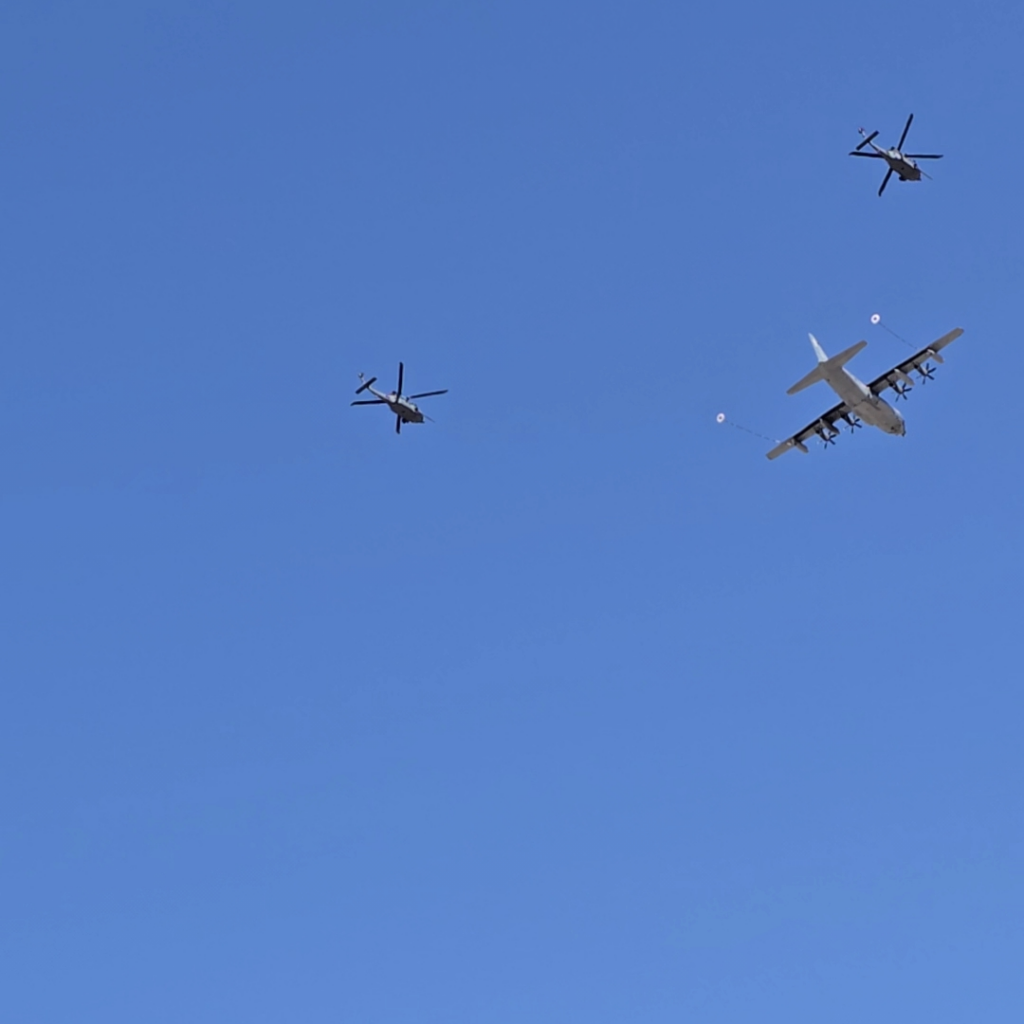Military Goodbye Trauma: The Dumb Goodbye You Never Really Say
This story is so common among veterans, it forms a bond stronger than blood. It’s the invisible scar of military goodbye trauma—a type of grief that doesn’t show itself in medals or wounds, but in the quiet distance between once-brothers. It’s a wireless connection of original realness, still pulsing, long after the farewell.
Understanding Military Goodbye Trauma and the Loss of Brotherhood
There’s a unique flavor of trauma that doesn’t come from combat or catastrophe—it comes from military goodbye trauma. From having belonged with everything in you, and then suddenly not belonging at all.
In my early twenties, I built emotionally intimate (non-sexual, easy there) friendships with military brothers who stood closer to me than my own shadow. These were the ones who handed me a smoke when the world fell apart and never asked what was wrong. They already knew.
We didn’t hug. Not because it wasn’t allowed, but because it would’ve cracked something wide open.
Then one by one, they left.
Transfers. Discharges. Death. A slow-motion reel of veteran grief wrapped in one sadistic airport montage. And I was left holding a carry-on full of feelings no one trained me to carry.
The Psychology Behind Veteran Grief and Goodbye
The military has jargon—terminal leave, short-timer’s syndrome, pre-deployment grief. But none of those phrases capture the moment your closest friend walks away toward a gate, not daring to turn around. You feel his ribcage tense. Yours caves in.
That’s not just loss. That’s psychological trauma from saying goodbye when no one gives you the tools to do it.
And the weird part? You don’t get over it. You just get creative about where to put it. Some of us bury it. Some of us drink it. Some of us write blogs and try to turn it into a trampoline metaphor.
Emotional Numbness or Survival Armor?
That feeling—that tightening of the chest when people get too close? It’s not detachment. It’s armor. A survival instinct born from repeated separation.
You fill the emotional holes with caffeine, sarcasm, and just enough bad jokes to avoid crying during commercials. That’s the heart of military goodbye trauma: it doesn’t erase empathy—it just buries it deep. Like a landmine in soft soil.
The more someone matters, the more it hurts when they disappear. So you stop letting them matter. You keep people at a distance. A city apart. A time zone away. Whatever feels survivable.
Reconnecting After Military Goodbye Trauma
Here’s the dumb part of this whole mess.
I didn’t write this to make you cry into your protein bar or feel nostalgic for your barracks bunk. I wrote this because I realized something powerful:
I miss jumping.
I miss jumping into friendships. Into backyard pools. Into play. I miss the bounce.
And play, ironically, is the one thing no one issued—but it’s the only thing that still holds me up when the rest of life tries to fold.
Healing Military Trauma Through Play (Yes, Play)
Maybe the answer isn’t to stop bonding just because of military goodbye trauma. Maybe we’re supposed to bond, lose, grieve—and then bond again.
Maybe the answer is to buy the damn trampoline at 50.
Maybe it’s to sign the waiver, strap in, and jump out of a plane with weirdos who know how to fall and laugh on the way down.
Because losing someone doesn’t make you dumb for connecting.
It means you were alive.
And I’ll keep choosing that. Even if I have to bounce back awkwardly every damn time.
— Author Known
Adapt and overcome.
Want more? Get some!
Why Bigfoot Is Better at Stealth Than Snipers
Discover more from Author Known & A Dumb Idea
Subscribe to get the latest posts sent to your email.



